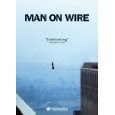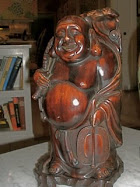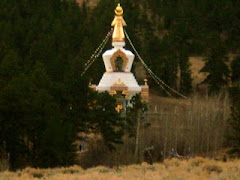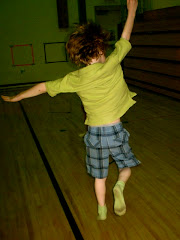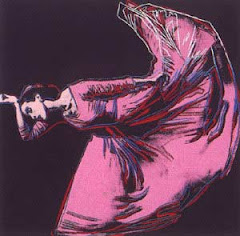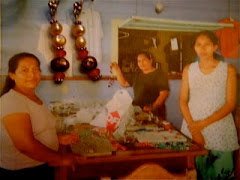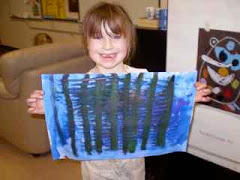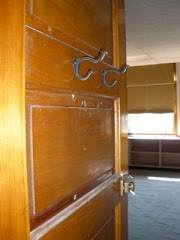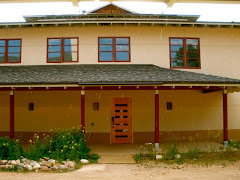

This blog began when I lost my eye to cancer. It has become far more than a record of that experience as my life continues to unfold. Do these things change us? Oh, yes.
 I've been writing a blogpost in my head about my mother lately. This morning, I found a poem by Mary Oliver (you may read it in the previous post) that I found true and beautiful, but I don't want to write about my relationship with my mother, or speculate about the mystery of who she was, or cry over her. Not today. I just want to see if I can create some kind of image of her that will feed my heart for the time being. In the world of the spirit, our relationships are just as complicated with those who have passed as with the living. Our ties with the dead continue to evolve and change and impact us with no need for traditional communication. And, I have found that as the years go by, it is far more difficult, or maybe just less necessary, to put into sentences our memories of them. I see my mother now in the things of the world that remind me of her. This is how people stay alive for us, I think-through the life of what remains.
I've been writing a blogpost in my head about my mother lately. This morning, I found a poem by Mary Oliver (you may read it in the previous post) that I found true and beautiful, but I don't want to write about my relationship with my mother, or speculate about the mystery of who she was, or cry over her. Not today. I just want to see if I can create some kind of image of her that will feed my heart for the time being. In the world of the spirit, our relationships are just as complicated with those who have passed as with the living. Our ties with the dead continue to evolve and change and impact us with no need for traditional communication. And, I have found that as the years go by, it is far more difficult, or maybe just less necessary, to put into sentences our memories of them. I see my mother now in the things of the world that remind me of her. This is how people stay alive for us, I think-through the life of what remains. 



 These are some of Annie's latest paintings. I love them. To me, they are her best yet, at least the best I have seen. She goes to work every day, and then she comes home and paints. Other times, she draws in her sketchbook. When she is not drawing or painting, she is making things, or she is painting walls in her room beautiful colors. When she learned how to sew a few years back, she made beautiful dresses, combining fabrics in unexpected ways. When she gets dressed in the morning, it is another way that she composes art.
These are some of Annie's latest paintings. I love them. To me, they are her best yet, at least the best I have seen. She goes to work every day, and then she comes home and paints. Other times, she draws in her sketchbook. When she is not drawing or painting, she is making things, or she is painting walls in her room beautiful colors. When she learned how to sew a few years back, she made beautiful dresses, combining fabrics in unexpected ways. When she gets dressed in the morning, it is another way that she composes art. The Journey
One day you finally knew
what you had to do, and began,
though the voices around you
kept shouting
their bad advice--
though the whole house
began to tremble
and you felt the old tug
at your ankles.
"Mend my life!"
each voice cried.
But you didn't stop.
You knew what you had to do,
though the wind pried
with its stiff fingers
at the very foundations,
though their melancholy
was terrible.
It was already late
enough, and a wild night,
and the road full of fallen
branches and stones.
But little by little,
as you left their voices behind,
the stars began to burn
through the sheets of clouds,
and there was a new voice
which you slowly
recognized as your own,
that kept you company
as you strode deeper and deeper
into the world,
determined to do
the only thing you could do--
determined to save
the only life you could save.
© Mary Oliver.
